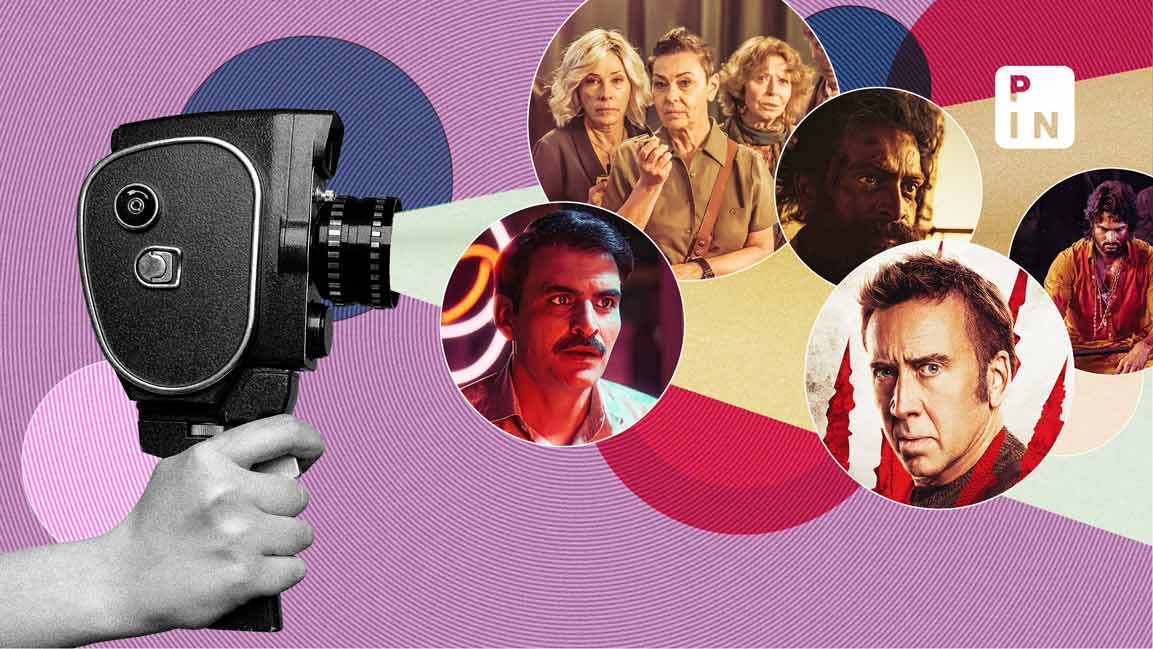- | 2:45 pm
Serum-Oxford malaria jab gets WHO nod for global rollout
The R21/Matrix-M leverages Novavax's adjuvant technology and is the second malaria vaccine to get WHO’s approval

The World Health Organization (WHO) has approved a malaria vaccine developed by the University of Oxford and the Serum Institute of India (SII) for global rollout.
The WHO’s Strategic Advisory Group of Experts (SAGE) and the Malaria Policy Advisory Group (MPAG) recommended the R21/Matrix-M malaria vaccine, which leverages Novavax’s adjuvant technology.
The R21/Matrix-M malaria vaccine, the second to get WHO approval, was tested in areas with different types of malaria.
It has been approved for use in Ghana, Nigeria, and Burkina Faso after a successful one-year trial.
The malarial vaccine, which was primarily funded by SII, with Oxford University serving as the regulatory sponsor, was developed with support from the European and Developing Countries Clinical Trials Partnership, the Wellcome Trust, and the European Investment Bank, SII said in a statement.
This extensive trial encompassed 4,800 children from Burkina Faso, Kenya, Mali, and Tanzania. The Phase III trial findings are currently undergoing peer review prior to publication, said SII.
The vaccine showed a 75% efficacy over 12 months in areas with pronounced seasonal malaria transmission and 68% efficacy in regions with more continuous transmission when administered according to standard age-based protocols, it added.
Efficacy showed a slight decline during the initial year of follow-up in both seasonal and perennial transmission regions. However, the administration of a booster dose resulted in the restoration of efficacy, with the vaccine demonstrating an efficacy of 74% over an 18-month period in the seasonal transmission areas.
When administered alongside public health strategies such as the utilization of insecticide-treated bed nets, this vaccine has the potential to rescue and enhance the well-being of countless children and their families.
Dr. Matshidiso Moeti, regional director for Africa at the WHO, said, “This second vaccine has the genuine potential to address the substantial gap between demand and supply. When implemented on a large scale and widely distributed, these two vaccines can strengthen malaria prevention and control initiatives, ultimately rescuing hundreds of thousands of young lives in Africa from this lethal ailment.”
SII, the world’s largest vaccine maker, said it has already set up production capabilities for an annual output of 100 million doses, a capacity that will be doubled over two years.
Adar Poonawalla, chief executive officer of SII, said his company is looking forward to scaling up the vaccine production to ensure that it is accessible to those who need it the most.
“For far too long, malaria has threatened the lives of billions of people across the globe. This is why the WHO recommendation and approval of the R21/Matrix-M vaccine marks a huge milestone on our journey to combat this life-threatening disease, showing what exactly can be achieved when the public and private sector, scientists and researchers, all work together towards a shared goal,” Poonawalla said.













